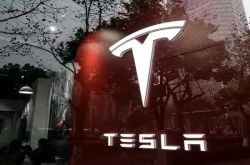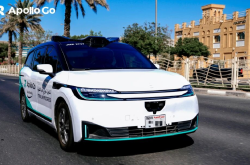Akio Toyoda's Controversial View on Electric Vehicles: More Production, More Emissions?
![]() 05/09 2025
05/09 2025
![]() 543
543
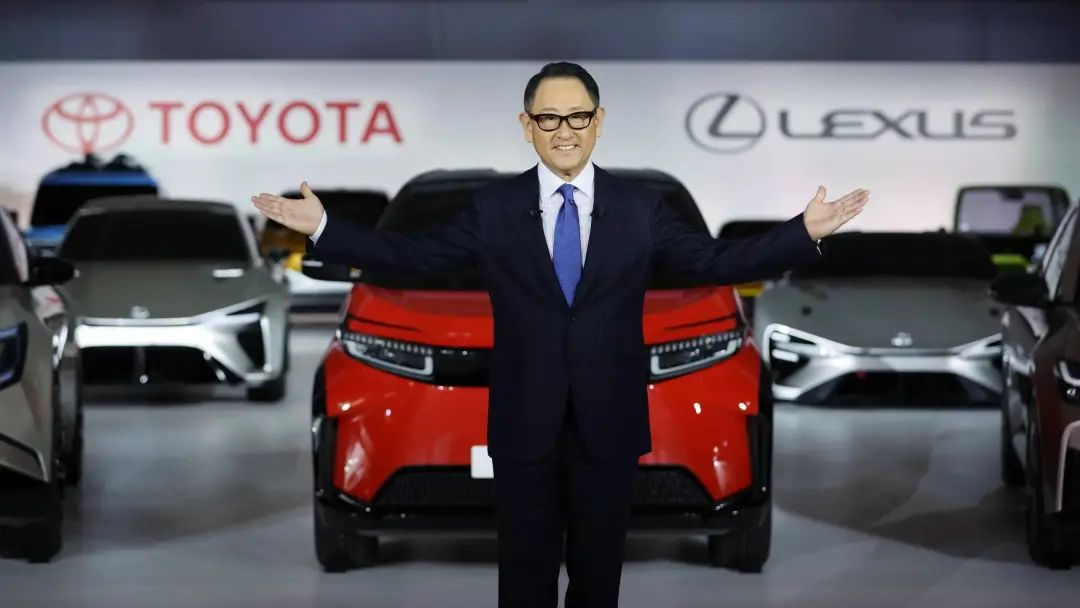
(In the context of Japan)
"
Akio Toyoda has once again expressed his dissenting opinion.
In a recent interview, he contended that producing an excessive number of pure electric vehicles (EVs) would actually lead to a surge in carbon emissions.
He backed his claim with data, asserting that Toyota has sold approximately 27 million hybrid vehicles, achieving carbon reduction effects equivalent to 9 million pure electric vehicles. However, he argued that if Toyota were to produce 9 million pure electric vehicles in Japan, it would increase carbon emissions.
Is the environmental friendliness of pure electric vehicles not even comparable to that of gasoline vehicles? At first glance, this might seem somewhat "absurd".
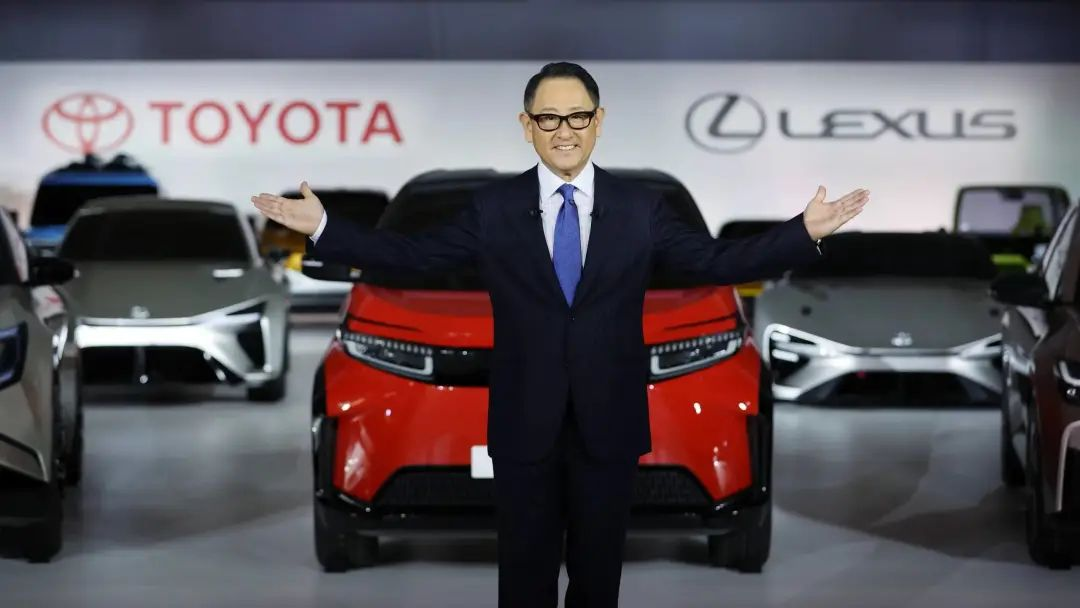
It's noteworthy that, contrary to these remarks, Lexus, a subsidiary of Toyota, has just invested 14.6 billion yuan to build a factory in Jinshan, Shanghai, capable of producing 100,000 pure electric Lexuses. Additionally, GAC Toyota has also launched a pure electric model aimed at new forces - the BZ3X.
On the one hand, spending substantial funds to build factories and produce electric vehicles, and on the other hand, advocating for hybrids and internal combustion engines.
Behind Akio Toyoda's "radical views" lie two key factors: the cleanliness of electricity and geographical boundaries.
01
Should Electric Vehicles Adapt to Local Conditions?
As the head of the world's largest automaker, Akio Toyoda's views, though seemingly controversial, are not mere idle talk.
These views should be understood within a specific context - that of Japan.
Since the Fukushima nuclear accident, Japan has significantly reduced the proportion of nuclear power generation, with many nuclear power plants being shut down or out of operation. The proportion of nuclear power has dropped from about 30% in 2010 to less than 2% at its lowest point. Unlike Europe's pan-European power grid, Japan, being an island country, has no cross-border connections to other national power grids. This means that although Japan's power grid is highly developed, it is relatively isolated.
To compensate for the power gap, Japan has significantly increased the proportion of coal-fired and LNG (liquefied natural gas) power generation, making the power supply heavily reliant on thermal power. For instance, at 3 pm in Japan, the proportion of thermal power supply can reach as high as 76%.
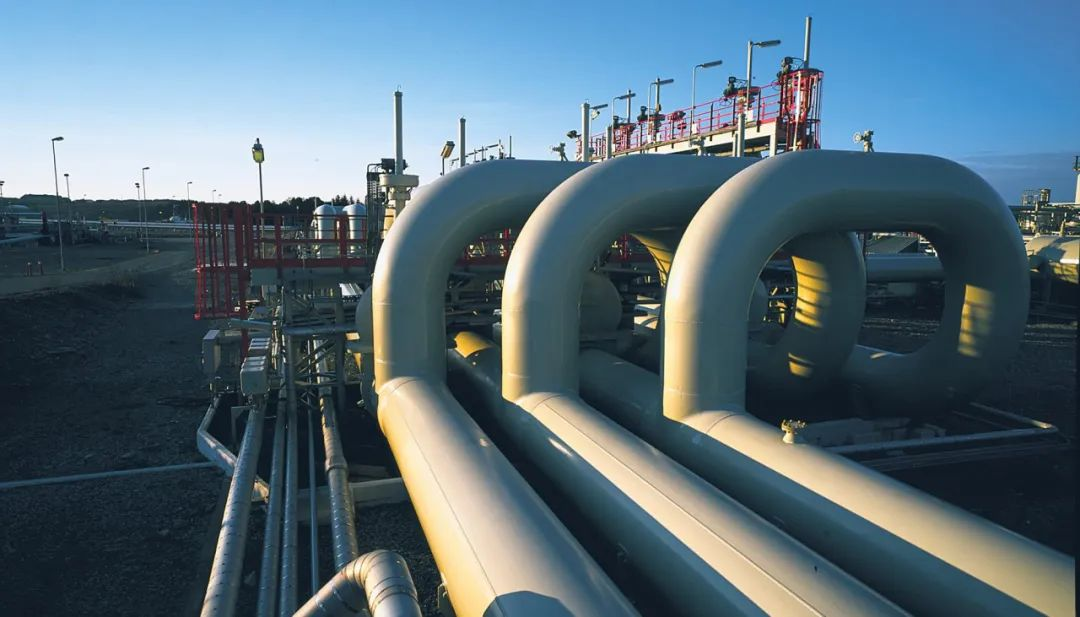
Therefore, Japan's power structure primarily relies on thermal power generation, which explains why Akio Toyoda dares to publicly question the environmental friendliness of electric vehicles.
In this scenario, while electric vehicles have zero tailpipe emissions during use, if the electricity used to charge them mainly comes from coal-fired power, from a full life cycle perspective, the emission advantage is not obvious, and the carbon emissions during production may even offset or exceed this advantage.
It's akin to trying to save electricity but ending up replacing it with a more power-consuming light bulb, resulting in a loss.
Akio Toyoda calculated that, given Japan's current energy structure, producing 27 million hybrid vehicles is more "low-carbon" than directly manufacturing 9 million pure electric vehicles.
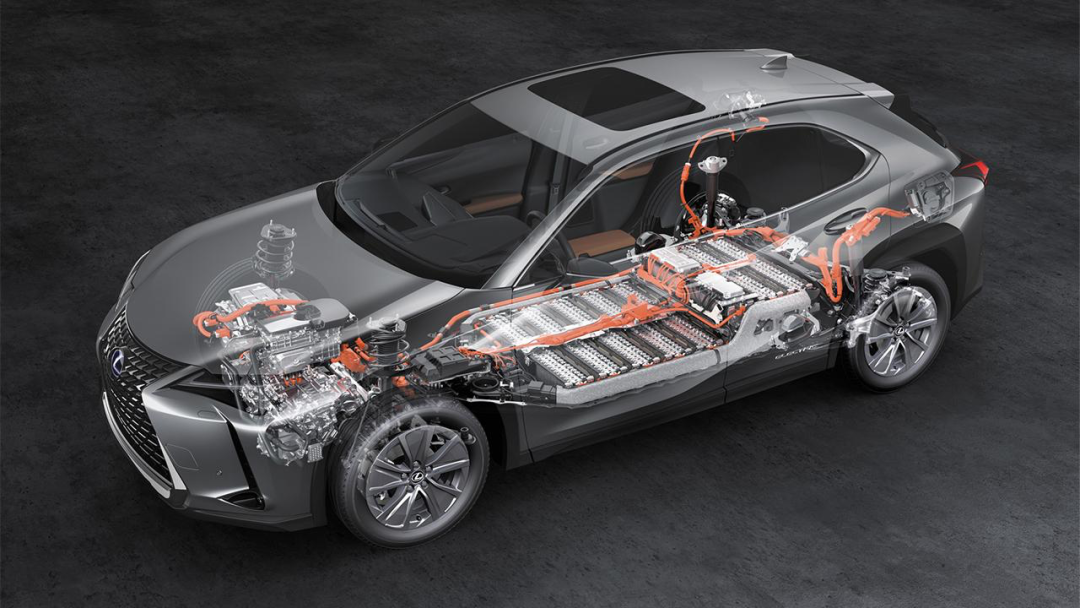
Several sets of data from the "full life cycle carbon footprint" in European and American markets also support Akio Toyoda's argument.
A report by the U.S. Environmental Protection Agency shows that in Virginia, where coal-fired power generation accounts for more than 60%, the lifetime carbon emissions of hybrid Camrys are indeed lower than those of electric vehicles of the same class. However, in Norway, which has abundant hydropower supply, the result immediately reverses.
In 2023, a report by The Wall Street Journal compared the life cycle carbon emissions of the Tesla Model 3 and the Toyota RAV4, pointing out that electric vehicles only start to have lower overall emissions than gasoline vehicles after traveling 20,000 kilometers.
Additionally, according to a Volvo report, the full life cycle carbon emissions of the pure electric version of the XC40 Recharge are only 27 tons under wind power conditions, while those of the gasoline version are as high as 58 tons.
This proves that the environmental friendliness of electric vehicles is indeed directly related to the cleanliness of the local power grid. It is this regional difference that provides a theoretical fulcrum for Akio Toyoda's argument.
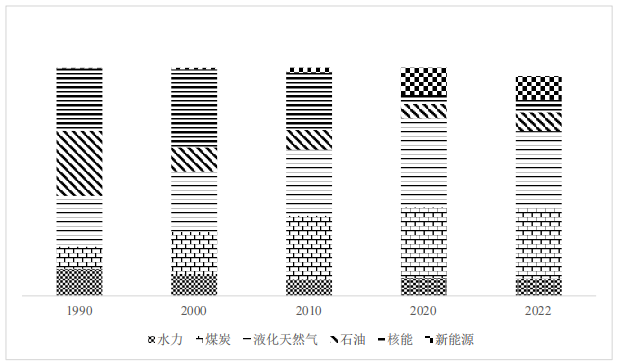
However, it's important to note that even in domestic contexts where coal-fired power is dominant, driving electric vehicles is still more environmentally friendly than gasoline vehicles. A team from Harbin Institute of Technology has shown that, based on China's 71% coal-fired power ratio, the carbon emissions of an ordinary A-class electric vehicle per 10,000 kilometers traveled are only 0.952 tons, while those of a gasoline vehicle of the same class are as high as 1.626 tons, a reduction of nearly 42% in carbon emissions.
Furthermore, the International Energy Agency predicts that the cleanliness of global power grids will increase by 40% by 2030.
Even the Japanese Cabinet has stated that it will replace the current energy policy implemented since 2021 this year. By 2040, nuclear energy should account for 20% of Japan's energy supply, while the proportion of renewable energy will be expanded from 22.9% to 40-50%, and the proportion of coal-fired power generation will be reduced from nearly 70% last year to 30-40%.
A team from Tsinghua University in China has also conducted calculations. When the power grid carbon emission factor is lower than 500 grams of CO2 per kilowatt-hour, the environmental advantages of electric vehicles begin to emerge. In 2023, this indicator in China was approximately 570 grams and is expected to drop to 480 grams by 2025.
Under the general trend of global energy transformation, it's clear that Akio Toyoda's "hybrid low-emission logic" is somewhat incompatible with the evolving local environment.
In other words, with the continuous optimization of the power structure and the increase in the proportion of renewable energy, the environmental advantages of pure electric vehicles will only become more pronounced. There will be less room for Akio Toyoda to make such statements.
02
"The Enemy is Not the Internal Combustion Engine"
As is well-known, Akio Toyoda has always been a skeptic of the pure electric route.
In fact, this is not the first time Akio Toyoda has criticized and belittled pure electric vehicles in an attempt to showcase how correct his company's hybrid business is.
As early as 2020, at the year-end press conference of the Japan Automobile Manufacturers Association, Akio Toyoda, who was then the president of Toyota, "criticized" electric vehicles, claiming that they were overhyped, required huge investments, and emitted more carbon dioxide.

Subsequently, in 2022, Akio Toyoda referred to automotive industry professionals as "the silent majority" in an interview with Thai media. "These people have always wondered if electric vehicles as a single option are really feasible? But they think it's the general trend, so they dare not speak out loudly."
In 2023, Akio Toyoda again criticized electric vehicles and pointed out that the slowdown in Toyota's car sales proves that his resistance to electric vehicles is correct.
Last year, he repeatedly belittled the future of electric vehicles, predicting that pure electric vehicles will only occupy a maximum of 30% of the market share, with the remaining majority of the market share being occupied by hybrid vehicles, hydrogen fuel cell vehicles, and gasoline vehicles.
These remarks also attracted dissent from Musk at the time.
More recently, from the perspective of employment, he claimed that a full transition to pure electric vehicles would lead to the unemployment of up to 5.5 million technicians working in engine-related fields.
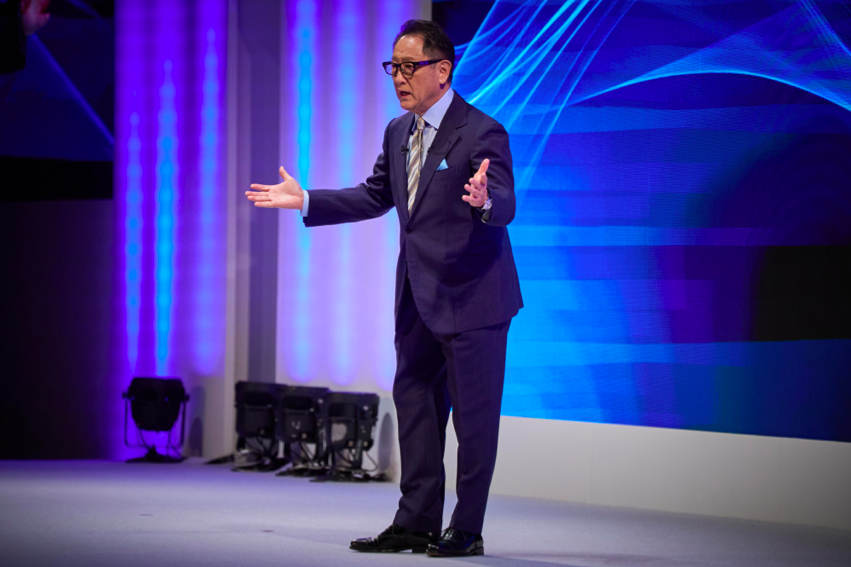
Akio Toyoda emphasized that this transition will not only affect Toyota itself but will also ripple throughout the entire automotive industry chain, from components to complete vehicles, affecting everything. "If electric vehicles become the only option, then our suppliers and other related practitioners will all lose their jobs."
This is one of the reasons why Akio Toyoda is cautious about electrification. The transition of traditional automakers to electrification is not simply a matter of changing the power system but a reconstruction of the entire industry chain. Where will traditional component suppliers of engines, transmissions, exhaust systems, etc., go? These are all issues that need to be considered.
Of course, Toyota is not completely opposed to electric vehicles and does produce pure electric vehicles, such as Toyota's bZ series. However, compared to Toyota's hybrid models, the market performance of the bZ series is far inferior.
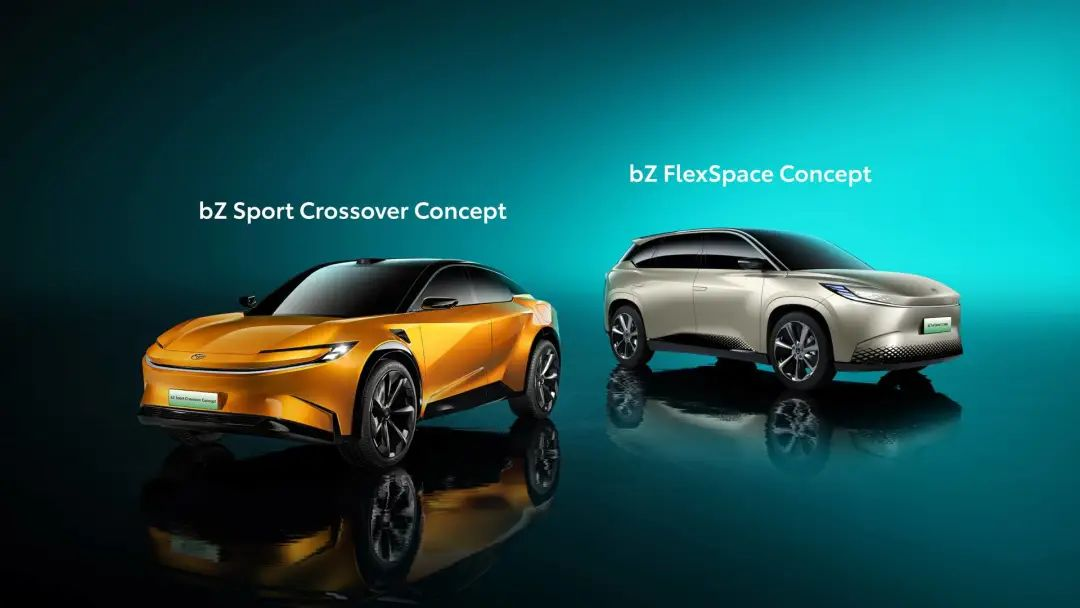
It's not just about hybrids and pure electrics. Toyota's multi-energy strategy focuses on "having it all" - hybrids, plug-in hybrids, hydrogen fuel cells, pure electrics, and gasoline vehicles that burn synthetic fuels.
Toyota claims to have a diversified energy strategy, but in reality, it wants to preserve the vested interests of the internal combustion engine era while not missing out on new opportunities. In Toyota's view, it is better to retain multiple possibilities than to bet everything on one.
Just as the energy structure and market conditions in each region are different and may require different solutions, in the long-distance race towards global carbon neutrality, there is no forever correct technological route, only continuously iterative technological revolutions.
There is also an underlying logic that Toyota believes "the enemy is carbon, not the internal combustion engine". From this perspective, Toyota's hybrid approach will remain viable for a long time to come.


